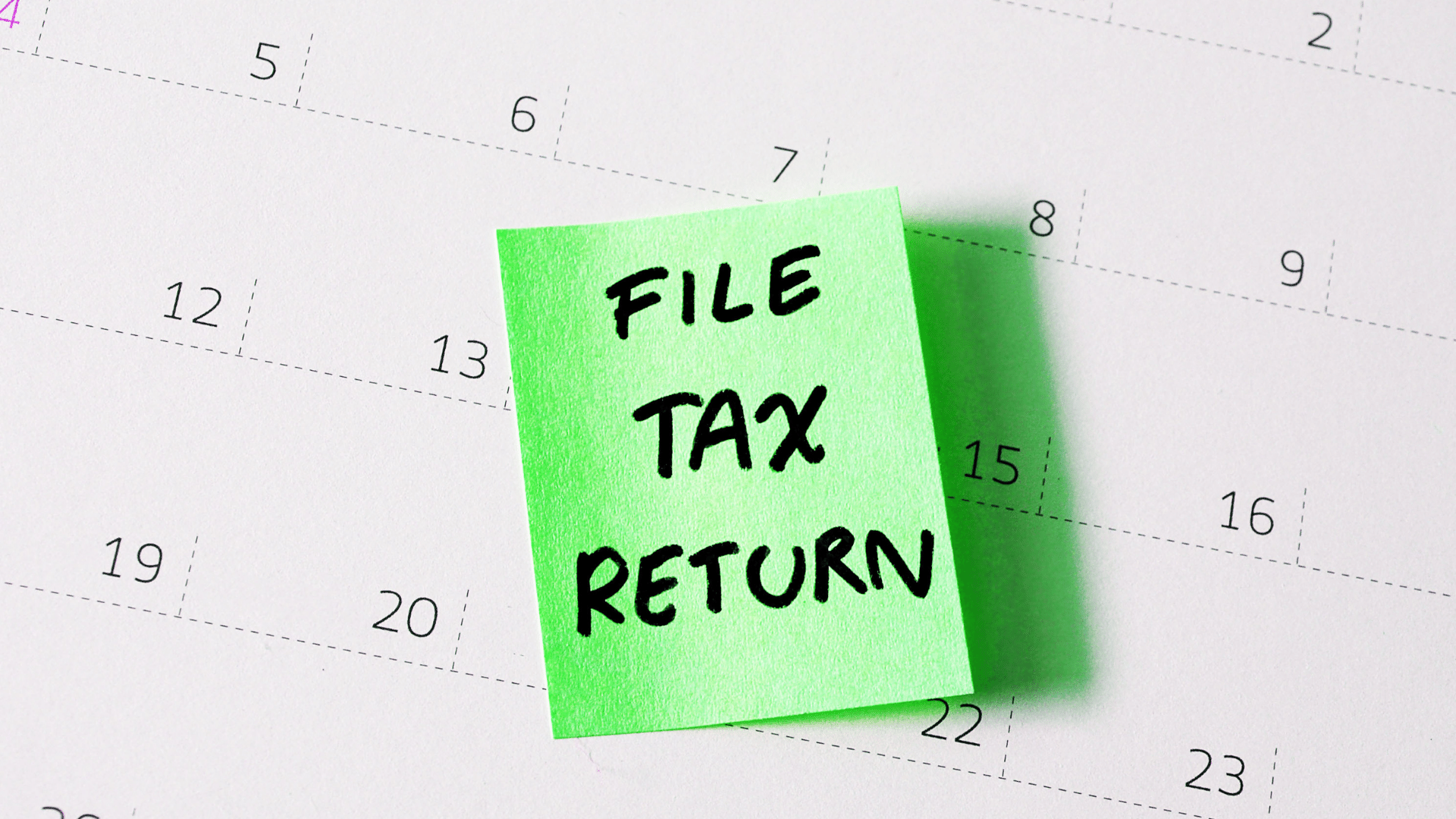How to File Your Individual Tax Return in Hong Kong
The Hong Kong Inland Revenue Department (IRD) has now issued individual tax returns for the year of assessment 2024/25. If you’ve received that familiar green envelope, it’s time to get organised and ensure your tax affairs are in order.
Here’s what you need to know about filing your individual tax return in Hong Kong this year – plus some helpful tips on exemptions, deadlines, and preparing your return efficiently.
Tax Filing Due Dates & Informing Obligations
The standard deadline for filing the 2024/25 individual tax return (Form BIR60) is 2 June 2025. If you choose to file electronically through eTAX or appoint a tax representative (i.e. HKWJ Tax Law) to handle the submission, you’ll automatically receive a one-month extension.
For sole proprietors of unincorporated businesses, the extended filing deadline is 2 August 2025, with a similar one-month extension available if filing online. The filing deadline can be further extended to 2 October 2025 if the tax return is handled by a tax representative.
Once the IRD issues a tax return, the taxpayer is legally required to complete and submit it – even if no income was earned during the year or the individual no longer resides in Hong Kong.
Failure to file the BIR60 form on time may result in penalties, estimated assessments, or even prosecution.
Equally, submitting an incomplete or incorrect tax return can trigger IRD enquiries and potential sanctions.
Haven’t Received a Tax Return?
If you’re new to earning income in Hong Kong or haven’t received a BIR60 form but believe you have income liable for tax, you’re obligated to voluntarily notify the IRD in writing and request a return.
Ignoring this informing obligation may result in penalties or prosecution actions by the IRD.
What is the BIR60 Form?
The BIR60 form is the standard individual tax form issued by the IRD. It’s used to report various sources of income for the year, primarily:
- Salaries, wages and director’s fees
- Rental income from solely owned property
- Profits from sole proprietorships
You may also claim various allowances and tax deductions on this form. Read our full walkthrough of the BIR60 form in this article.
Tax Exemption Claims for Individual Tax Returns
When filing your individual tax return, you’re required to report all relevant income. You may be eligible for certain tax exemptions and tax relief, such as the time apportionment claim, the 60-day exemption or tax relief under double tax treaties, which must be declared directly in your return with supporting details.
Time Apportionment Claim
If you’re employed by an overseas company and assigned to work in Hong Kong, you may qualify for a time apportionment claim. This allows you to report only the income tied to services performed in Hong Kong – if your employment is considered non-Hong Kong sourced.
Whether it qualifies depends on factors like the place of residence of your employer, the place of negotiation and conclusion of employment terms, and where your income is paid.
60-day Exemption
If you stayed in Hong Kong for not more than 60 days in a tax year and qualify as a “visitor”, your employment income may be entitled to a full exemption claim in Hong Kong.
Seafarers and Airline Crew
Seafarers and airline crew may also claim full exemption if present in Hong Kong for no more than 60 days in one tax year and 120 days over two consecutive years (one of which is the tax year concerned). Transit days count as days present.
Should You Elect Personal Assessment?
Personal assessment is a calculation method for tax, which may reduce the tax liability for certain individual taxpayers.
It may benefit individuals who are subject to a combination of Profits Tax, Property Tax, and Salaries Tax.
However, if your only income is from employment (salaries tax), personal assessment typically offers no benefit.
Read our in-depth explanation of personal assessment in Hong Kong here.
Why Tax Preparation Matters
Proper tax preparation ensures your return is accurate, timely, and optimised for tax efficiency. It involves reviewing income sources, checking eligibility for exemptions, and organising supporting documents.
Key aspects of tax preparation include:
- Reviewing all income sources (employment, rental, sole proprietorship, etc.)
- Identifying possible deductions and allowances (e.g., charitable donations, self-education expenses, MPF contributions)
- Assessing eligibility for tax exemption claims (e.g., 60-day rule, time apportionment)
- Preparing supporting documentation for any claims made
- Filing the return on time, whether manually or electronically
- Planning for the next year, such as considering housing benefits or other tax-efficient compensation structures
Engaging a professional tax preparer can help navigate these complexities, ensuring compliance and potentially reducing your tax exposure. HKWJ Tax Law & Partners offers comprehensive tax preparation services tailored to your needs.
Tax Planning in your Tax Return
Tax planning in an early stage can go a long way in reducing your overall tax burden.
One common strategy is to structure tax-efficient fringe benefits – for example, providing housing benefits to employees or directors, which can help lower their taxable income.
There are also a range of deductions and allowances available under Hong Kong’s tax system. These depend on your individual circumstances and may include items like charitable donations, self-education expenses, mandatory/voluntary MPF contributions, home loan interest expenses, domestic rent expenses or insurance premiums to voluntary health insurance schemes.
Planning ahead gives you the best chance to make use of these reliefs in your next tax filing.
HKWJ Tax Law Can Help
At HKWJ Tax Law & Partners, we support individuals in every stage of their Hong Kong tax obligations – from preparing and filing the BIR60 form to identifying strategic tax planning opportunities.
Whether you need a one-off tax review or support with salaries tax filing, our team is here to ensure your compliance and optimise your tax position.
Get in touch with us using the form below to discuss how we can support your personal tax matters.






